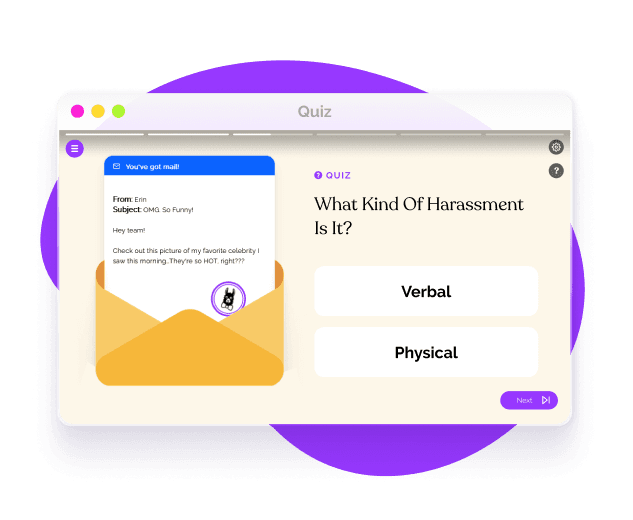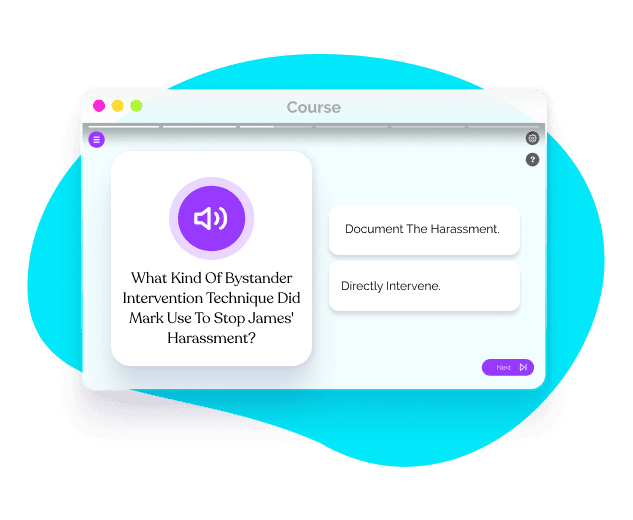Definition
Due Dilligence Definition
Due diligence in the context of labor law compliance refers to the comprehensive effort by employers to ensure that their business practices conform to both local and international labor laws and regulations. This involves a systematic review and monitoring of all employment practices, including wages, working conditions, anti-discrimination measures, and health and safety standards, to prevent legal violations and promote a safe and equitable workplace. Due diligence is not only about adhering to legal requirements but also about proactively identifying and mitigating potential risks to ensure compliance and protect the rights of workers.

Why is Due Diligence Important in the context of labor law compliance?
Due diligence is crucial in labor law compliance because it serves as a proactive measure to identify, prevent, and address potential legal violations, thereby safeguarding the rights of workers and ensuring a fair and safe working environment. It helps businesses avoid costly legal disputes, fines, and reputational damage that can arise from non-compliance with labor laws. Additionally, thorough due diligence practices demonstrate a company's commitment to ethical standards and social responsibility, enhancing its reputation among consumers, employees, and partners. This commitment to compliance and ethical practices is essential for fostering a culture of trust and respect, attracting and retaining talent, and maintaining a competitive edge in the market.

Helping over 8,000 organizations create a safer, more productive workplace




















